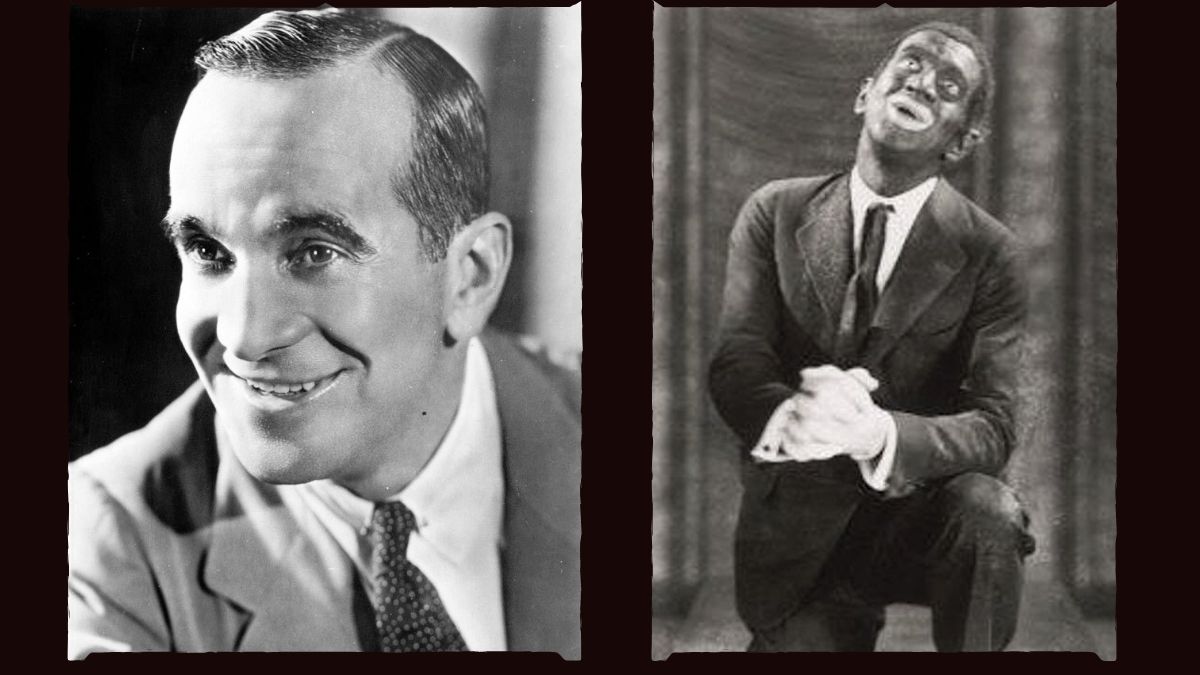- BlackVoter.Org
- Posts
- BlackVoter.Org
BlackVoter.Org


In the face of sweeping changes under the Trump administration, Black Americans are taking a stand against the quiet erasure of their history. Recent federal efforts to comply with executive orders on diversity and inclusion have led to alarming censorship on government websites, even impacting the portrayal of figures like Harriet Tubman.
Historians and activists, including sisters Jo and Joy Banner of the Descendants Project, assert that this trend of selective storytelling not only distorts the truth but threats to weaken national understanding of history as a whole. With reports of significant figures like Jackie Robinson being sidelined and vital museum narratives at risk, both individuals and communities are rallying to preserve their heritage.
As the fight against historical erasure intensifies, advocates emphasize the importance of vigilance and engagement, declaring that the future of Black history cannot be left to silence or obscurity.

In his latest column, Jesse Jackson Jr. draws a compelling parallel between Al Jolson's legacy and current attacks on diversity, equity, and inclusion (DEI) initiatives.
He coins the term "Al Jolson Syndrome" to describe the political exploitation of Black issues, suggesting that the cycle of appropriating Black culture for white entertainment ultimately undermines genuine progress. Jackson argues that historical figures, from Barry Goldwater to Donald Trump, have often harmed DEI efforts while benefiting from their existence.
He warns that dismantling these programs will cost everyone, particularly those who have disproportionately gained from them. Through this critique, Jackson emphasizes that systemic racism hurts everyone, asserting that America's future is intertwined with an equitable approach to race and inclusion.
His thought-provoking insights challenge readers to reflect on the complex legacy of race in American politics and the consequences of sidelining DEI.

Gif by Waardesign on Giphy
/

Across America, the rising trend of flying black flags is sending unsettling messages about political discontent and societal division. Traditionally associated with anarchism and non-surrender, these flags have found a home in suburban neighborhoods, signaling intolerance and a readiness to resort to violence.
As progressive communities display signs of equality and support for movements like Black Lives Matter, conservative neighborhoods are seeing an influx of flags that stand in stark contrast. From the Thin Blue Line to the towering Trump banners, the black flag wave suggests a chilling paranoia among some homeowners who feel besieged by differing political views.
This phenomenon raises questions about the current state of American unity and the dangers of fostering a culture where aggression is boldly displayed. Instead of signifying strength, these flags may highlight a fragile state of mind, revealing deep-rooted anxieties within the fabric of American society today.

In a thought-provoking piece, USA TODAY explores the potential implications of Donald Trump's recent executive order targeting the National African American History Museum. This treasured institution, which vividly chronicles the Black experience through slavery, civil rights, and cultural achievements, has drawn both admiration and scrutiny.
Trump argues that the museum promotes a "divisive, race-centered ideology," prompting concerns about a potential "whitewashing" of its critical narratives. Educators and community leaders emphasize the museum’s role in preserving essential aspects of African American history that schools often overlook.
With its huge visitor turnout and rich collections, the museum stands as a crucial educational resource. The piece calls into question the impact of politicizing history and highlights the importance of maintaining spaces that honor diverse experiences in America.
As the debate unfolds, it becomes increasingly vital to safeguard the museum’s mission in an era where history faces significant challenges.

In his compelling critique, Alon Ben-Meir argues that Donald Trump is steering America toward a national disaster. Calling attention to Trump’s relentless assault on democratic institutions and alliances, Ben-Meir highlights the former president’s dangerously authoritarian tendencies, such as undermining free speech and due process.
He condemns Trump’s potential cuts to vital social programs like Social Security and Medicare, which could devastate millions, and points out the detrimental impact of Trump's tariffs on the economy. Furthermore, Ben-Meir expresses concern over Trump’s divisive rhetoric that polarizes the nation, alienates America's allies, and fosters discrimination against vulnerable groups.
He warns that the Republican Party's complicity in Trump's erratic leadership is eroding the very foundations of American democracy. With a passionate plea for accountability, Ben-Meir insists it’s time for both leaders and citizens to confront these alarming threats to the nation’s values and future.

In an insightful analysis, Mark Y. Rosenberg draws striking parallels between contemporary America and the tumultuous final days of apartheid South Africa.
Both nations grapple with systemic racism and social unrest, ignited by incidents like George Floyd's death. As the U.
S. confronts its own racial reckoning, Rosenberg highlights how historical dynamics of power and resistance resonate across the globe.
He acknowledges the alarming erosion of democratic norms under Trump's presidency but posits that, unlike South Africa's perilous journey toward equality, America possesses a unique resilience due to its institutional framework. While the stakes are high, he suggests that the path to justice can avoid the extreme upheaval experienced in South Africa.
Instead, America has an opportunity to learn from its past, channeling the momentum of the present protests toward meaningful societal change without descending into chaos. In essence, America's narrative holds both caution and hope shaped by its history and the vibrant voices advocating for a fairer future.

In a passionate plea, Abayomi Azikiwe addresses the urgent need to combat the rising fascist threat in the United States today. Speaking at the "Detroit Fights Back!" forum, Azikiwe outlines the alarming trajectory of political repression under the Trump administration, highlighting violent incidents and the relentless push to consolidate power reminiscent of historical fascist regimes.
He draws parallels between current events and the violent racism that shaped America's past, urging the formation of a broad-based alliance to resist authoritarianism and safeguard democracy. With the MAGA movement echoing sentiments of segregation and repression, Azikiwe emphasizes that it's vital for citizens to mobilize against these dangerous ideologies.
The fight against fascism isn't merely political—it's imperative for preserving rights and liberties in a rapidly changing world. Together, he calls for unity to thwart this palpable threat to democracy and humanity.